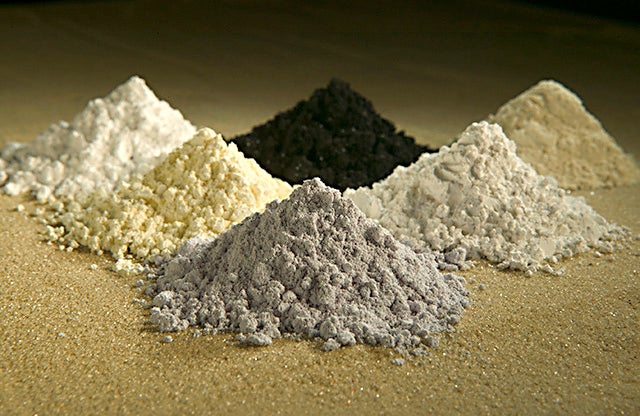China has Halted Rare-Earth Exports to Japan, Reports the Times
In today’s morning headlines comes an international tussle with wide-ranging implications: according to the New York Times, the Chinese government...

In today’s morning headlines comes an international tussle with wide-ranging implications: according to the New York Times, the Chinese government has ordered customs officers to halt shipments of rare earth elements to Japan. Naturally, China denies the allegations, but industry officials – and this is all according to the Times, mind you – claim that China’s customs agency has notified companies that no rare earth metals are to be shipped to Japan, and that officials are halting shipments bound for that country at the seaport.
The most interesting part of the story: it’s all over a fishing boat. Japan recently detained a Chinese fishing trawler captain whose boat collided with two Japanese Coast Guard vessels just 40 minutes apart in Japanese waters long contested by China. Japan has refused to release the captain even as Chinese Prime Minister Wen Jibao has pressured for his release. And now, allegedly, China has refused to export rare earth oxides, rare earth salts, and pure rare earth metals.
Rare earths, of course, are those 17 hard-to-refine elements that are the backbone of all kinds of modern technology, ranging from electric car motors to wind turbines to mobile electronics to high-tech defense applications. China has them in spades, mining some 93 percent of the world’s supply. Japan is China’s biggest customer.
The geopolitical ramifications, of course, are vast. If China indeed has ordered a halt to Japan-bound exports or rare earths they are in gross violation of World Trade Organization free trade rules. Meanwhile, Japanese manufacturing could be hurt and the U.S. – which gets a lot of its own rare earths from Japan – could be left in the lurch as well. For its part, Japanese manufacturers have already begun trying to innovate around their dependence on Chinese rare earth elements, but such efforts are still in their infancy.
From a more macro standpoint, if China is indeed bogarting its supply of rare earths to strong-arm Japan into making political concessions, it could be setting a dangerous precedent. Like OPEC’s oil supply strangling in decades past, it paints a stark political portrait of what the world might look like if more sources of rare earths aren’t located and exploited in places other than China (several possible reserves in places like Australia, Canada, and the U.S. are being explored, but production won’t begin meaningfully until 2015 at the earliest).
Whether China has cut exports or not (and we reiterate that this story is still developing), this morning’s news exposes just how beholden global industry is to these minerals and, by proxy, the whims of Chinese trade policy. A disruption in supplies could derail the manufacture of everything from high-tech scientific instruments to the defense supply chain. Needless to say, it’s high time science, industry, and governments get together to make rare earths less rare.